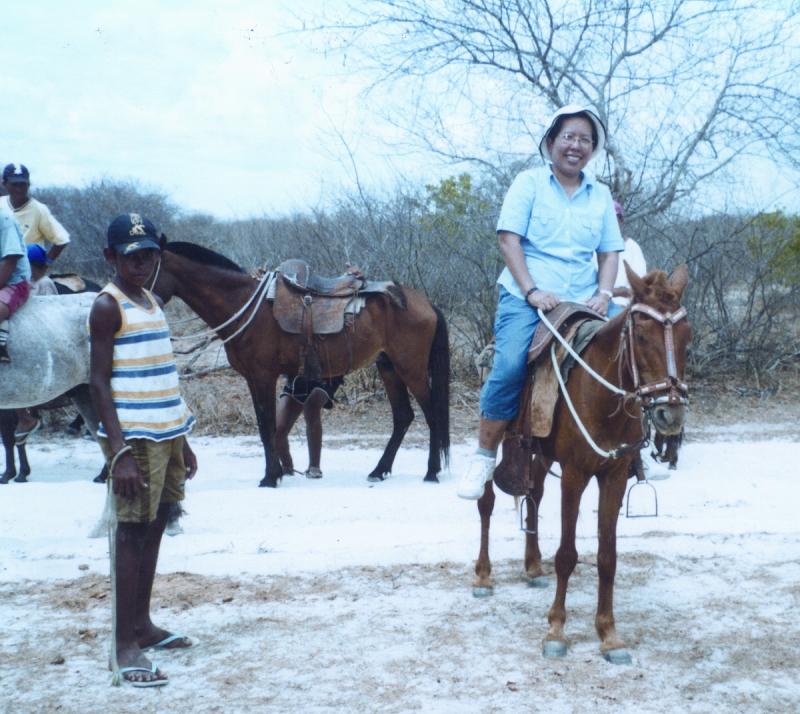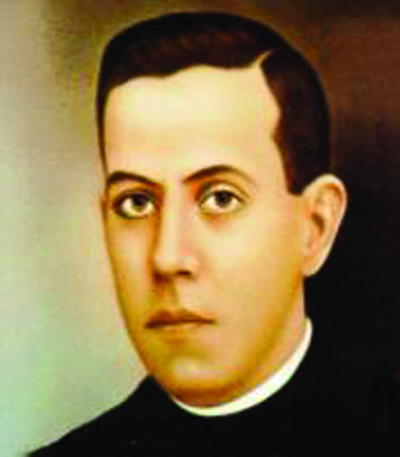Filipino Brasiliero
By Ariel Presbitero
Hundred of thousands of abandoned children roamed the cities of Brazil. These children are used and abused and even gunned down by the police when it suits them. Pope John Paul II in his New Year’s message has appealed to us to open our hearts to these lost abandoned by the world.
Ariel Presbitero, a Columban missionary in Brazil, takes a look at one aspect of this growing third world problem.
Ang Brazil ay ang pinakamalaking bansa sa South America. Pagkatapos ng napakaraming pagsubok, lumalago ngayon ang ekonomiya ng bansa, sa katunayan ang Brazil ang pinakamamalaking exporter ng kape at asukal sa buong daigdig . Subalit di rin mapagkaila na marami pa rin itong problemang kinakaharap. Isa na dito ang mga kabataang makikitang palaboylaboy sa mga daan at kalye ng Brazil.


 At the close of the Holy Year of Redemption on 22 April 1984, then Pope (soon saint) John Paul II, entrusted the large wooden cross used during the Jubilee Year to representatives of the world’s youth with the words: ‘My dear young people, at the conclusion of the Holy Year, I entrust to you the sign of this Jubilee Year: the Cross of Christ! Carry it throughout the world as a symbol of Christ's love for humanity, and announce to everyone that only in the death and resurrection of Christ can we find salvation and redemption’. Almost thirty years later, with typical exuberance and vigor, the young are still carrying that cross across the world, and how!
At the close of the Holy Year of Redemption on 22 April 1984, then Pope (soon saint) John Paul II, entrusted the large wooden cross used during the Jubilee Year to representatives of the world’s youth with the words: ‘My dear young people, at the conclusion of the Holy Year, I entrust to you the sign of this Jubilee Year: the Cross of Christ! Carry it throughout the world as a symbol of Christ's love for humanity, and announce to everyone that only in the death and resurrection of Christ can we find salvation and redemption’. Almost thirty years later, with typical exuberance and vigor, the young are still carrying that cross across the world, and how!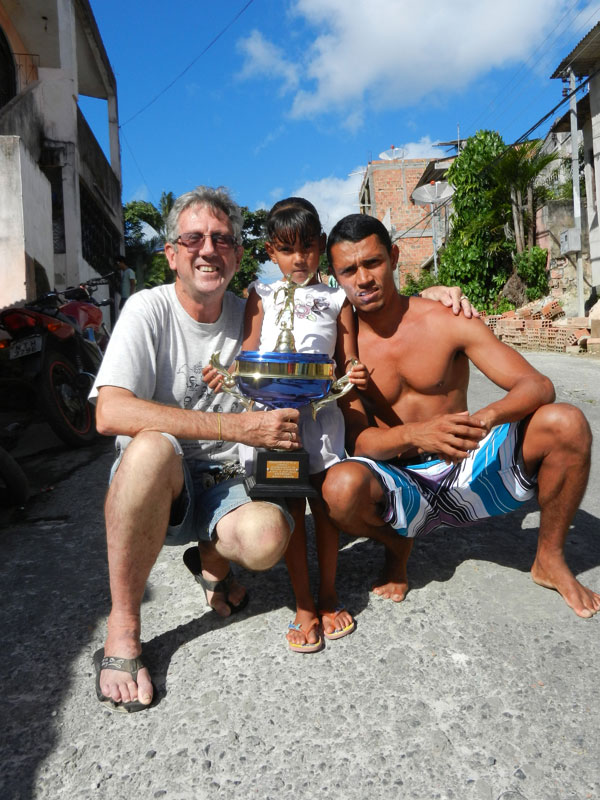
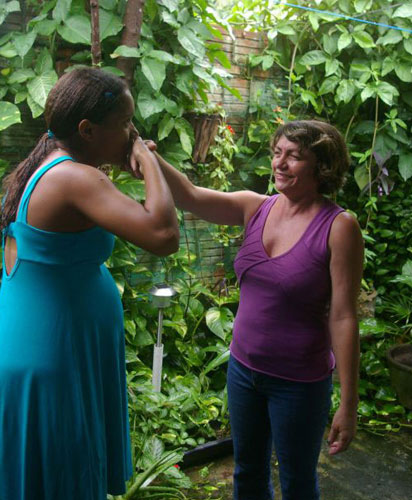
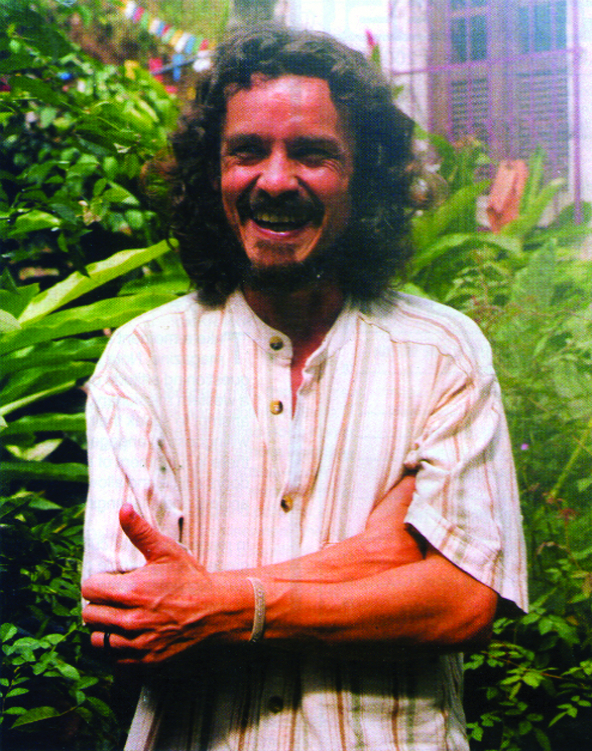 An Interview With ‘Henrique Of The Trinity’. His Cloth Shoulder Bag Contains All His Worldly Possessions: A Bible, A Crucifix, An Icon Of The Trinity And A Towel.
An Interview With ‘Henrique Of The Trinity’. His Cloth Shoulder Bag Contains All His Worldly Possessions: A Bible, A Crucifix, An Icon Of The Trinity And A Towel.